Preservation Pennsylvania’s statewide conference is back – in mini-form! – with Preservation Forward: A Statewide Heritage Gathering in Johnstown on June 1 & 2, 2025.
Category: Preservation Partners (Page 1 of 26)
Earlier this month, PA SHPO staff made their annual trek to Washington, D.C. to meet with other SHPOs and preservationists from across the country as part of National Historic Preservation Advocacy Week.
This is part of a biannual blog series highlighting the agreement documents executed by PA SHPO in accordance with Section 106 of the National Historic Preservation Act and its implementing regulations.

Archaeology at York’s Lebanon Cemetery
Two years ago, the Pennsylvania Archaeological Council (PAC) teamed up with Pennsylvania Hallowed Grounds (PAHG) to record Midland Cemtery in Swatara, PA . The goal of this pilot project was to document a cemetery using PAC’s membership and archaeological methods that could then be applied to other cemeteries with similar needs.
Frequently, PA SHPO staff receive inquiries regarding a homeowner’s historic property and their wish to list it in the National Register of Historic Places.
Many times, interesting family stories passed down from one generation to the next are tied to the property. As fascinating as most of the stories are, not all will hit the threshold of the National Park Service required criteria to qualify the property as significant at the local, state or national level.
However, before the level of review needed to make that call, there are numerous documents and items that PA SHPO staff need to verify the eligibility of a resource. Unfortunately, since there is a degree of deeper research required and the process may seem daunting, many homeowners stop after the first phone call or email.
Hopefully, this post about the Determination of Eligibility process and next week’s post about what we need to evaluate a historic resource will help make it all seem a little less scary.
At the end of July, PennDOT celebrated the relocation of a historic bowstring truss bridge in Schuylkill County onto Schuylkill River Greenways’ trail system with a ribbon cutting ceremony.
October is Pennsylvania Archaeology Month! Every October, events and programs are held across Pennsylvania to celebrate the commonwealth’s deep past.
Bridges are a part of everyone’s lives, we walk across them, drive across them, and use them for cover in the rain. But do we ever really stop to appreciate the history of these bridges? My internship this summer focused a lot on historic bridges, especially stone arch bridge, and helped me to appreciate their value in the community.
The practice of historic preservation is like a family heirloom, passed down from one generation to the next so that when you get tasked with the role of heirloom keeper, it reminds us to not forget about the past and look to how it has shaped the present.
This week’s post has some great preservation news to share! We’re happy to announce another successful round of the Pennsylvania Historic Preservation Tax Credit allocation and an expansion of this successful program.
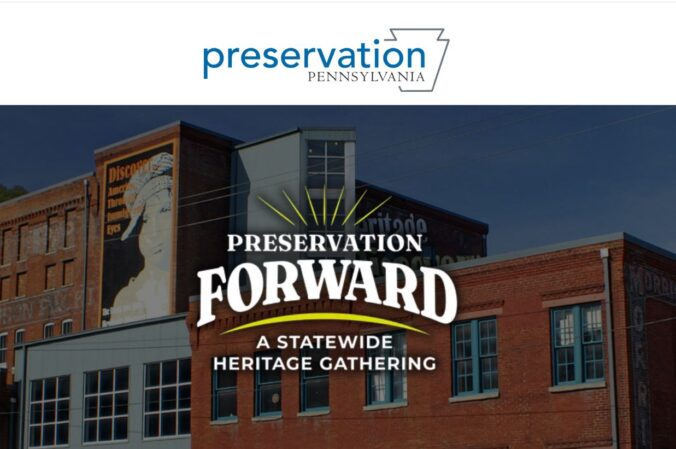
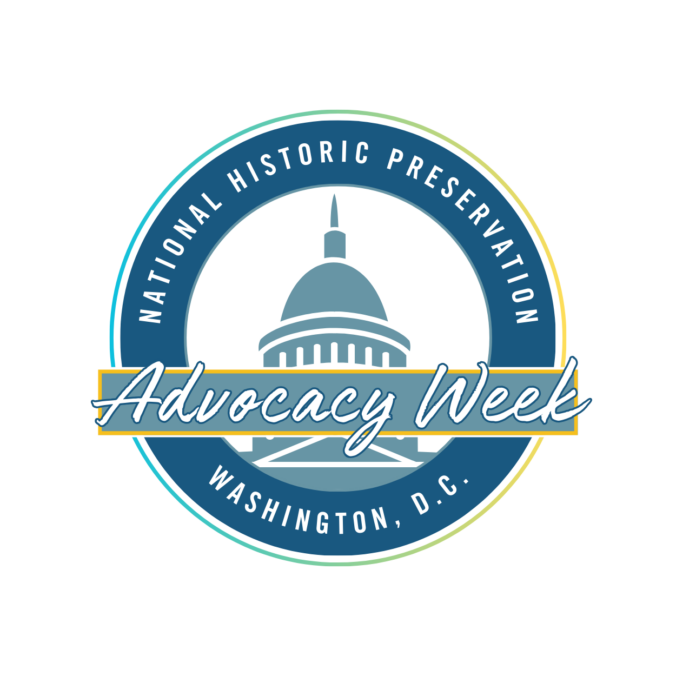

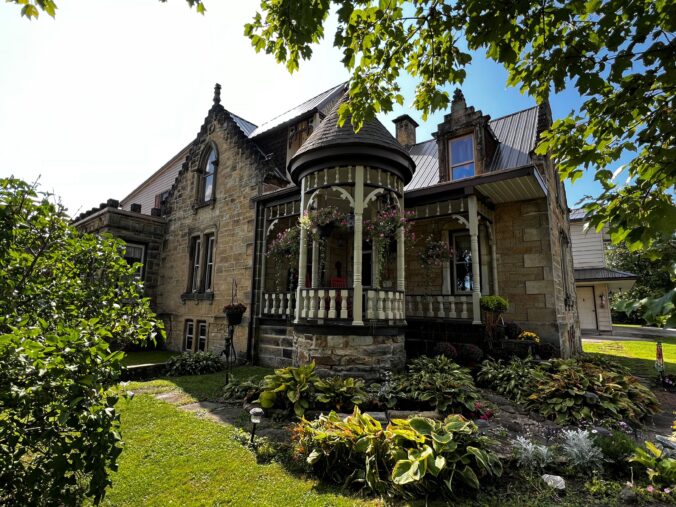
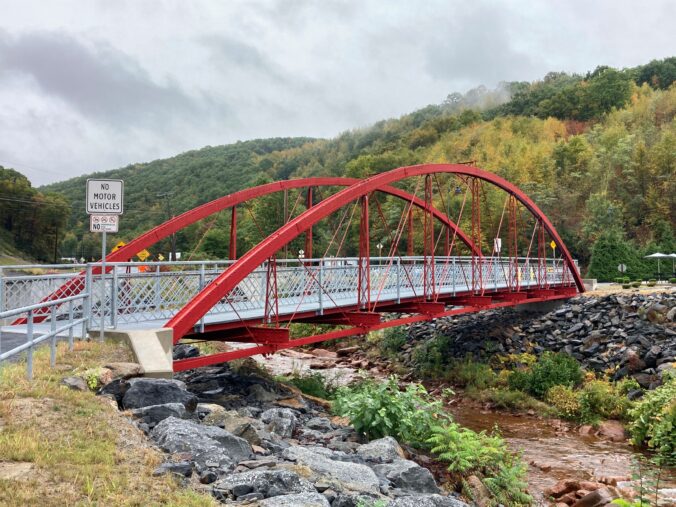
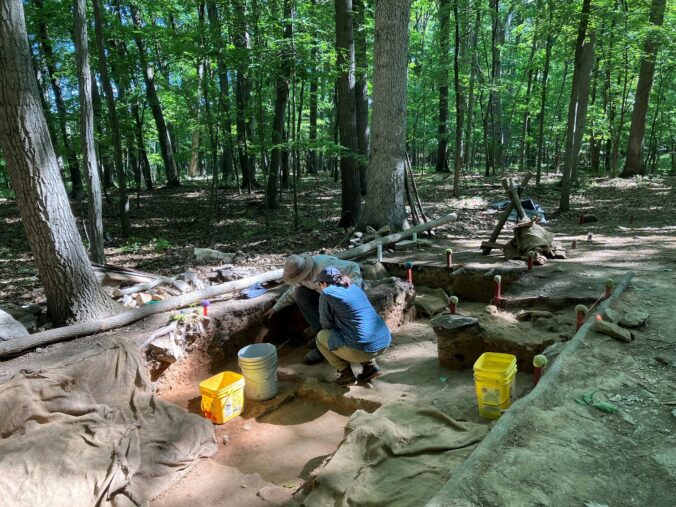
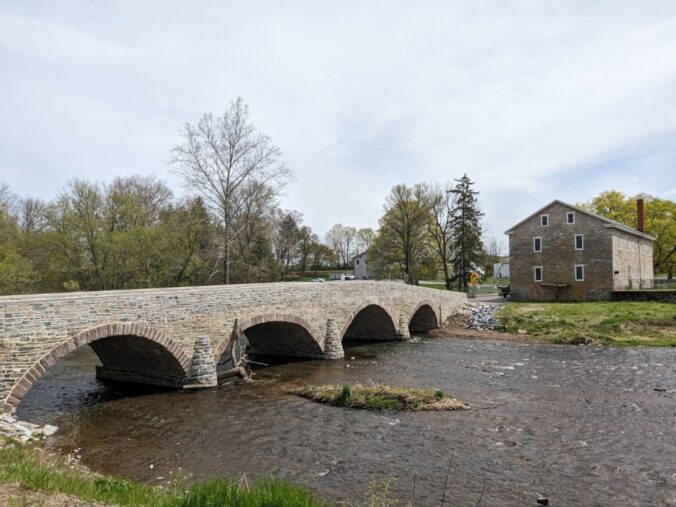
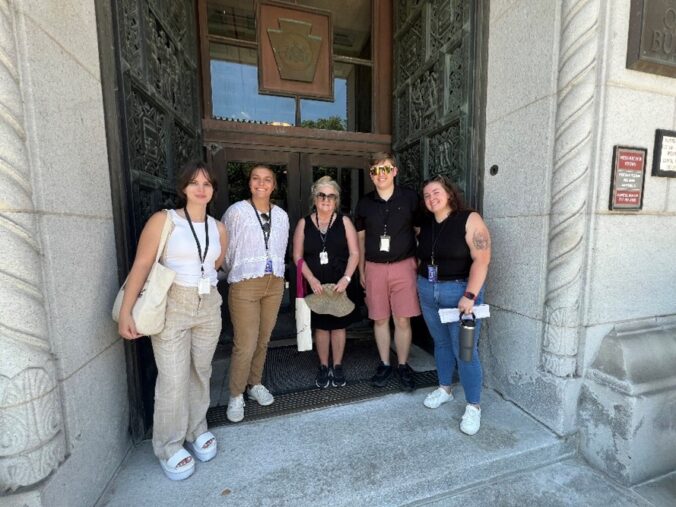

Recent Comments